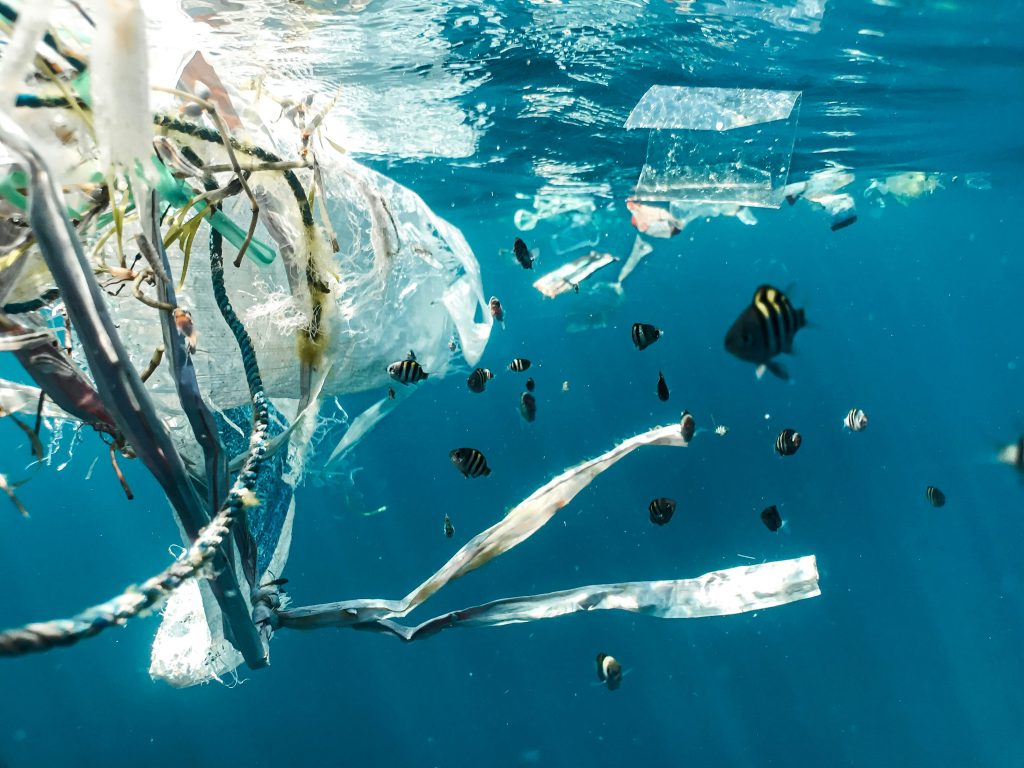Prevented ocean plastic and USAID open high-capacity plastic collection centre in Macassar, Indonesia to mark World Oceans Cay
- On UN World Oceans Day 2024, Prevented Ocean Plastic™ announces the grand opening of a high-capacity recycled plastic collection centre in Makassar, Indonesia, in collaboration with the U.S. Agency for International Development (USAID).
- The centre is expected to process 500 tonnes of recycled plastic per month, preventing it from reaching the ocean as pollution, and create 50 direct jobs for the local area.
- The opening comes one year after the launch of Prevented Ocean Plastic™’s mission to open 25 collection centres by 2025, announced on World Oceans Day 2023.
- Since the announcement, Prevented Ocean Plastic™ has added 20,000 tonnes of recycled plastic processing capacity per year in regions vulnerable to ocean plastic pollution.
Today, on UN World Oceans Day 2024 (7 June), Prevented Ocean Plastic™ is celebrating the grand opening of a new high-capacity waste plastic collection centre in Makassar, Indonesia. It is the seventh centre established by Prevented Ocean Plastic™ since the launch of its mission to open 25 collection centres on coastlines at-risk of plastic pollution worldwide by 2025, with seven more having already broken ground.
Each year, at least 8 million tonnes of plastics leak into the ocean – the equivalent of one garbage truck being dumped into the ocean every minute. UN World Oceans Day 2024’s theme is “Awaken new Depths”, aiming to motivate widespread momentum for the ocean by exploring new depths of understanding, compassion, collaboration, and commitment. By driving momentum for plastic recycling on coastlines vulnerable to plastic pollution, Prevented Ocean Plastic™ offers a scalable, repeatable model which can help to prevent damage to our oceans and marine life.
Makassar is located in Sulawesi, an island province difficult to access logistically, making it particularly vulnerable to plastic pollution. The new centre will develop efficient waste management infrastructure, helping to address growing volumes of waste in the region, create reliable income opportunities with dignified working conditions, and support the supply of certified and traceable premium quality recycled plastic to global markets. It is expected to process 500 tonnes of plastic waste per month and provide 50 direct jobs to local people.
Raffi Schieir, Founder of Prevented Ocean Plastic™, said: “Indonesia is a country of 17,000 islands and no drinkable water from the tap. Along with other factors, this contributes to the country being ranked the number two source for ocean plastic pollution. With USAID’s support, we are hoping to address some of the logistical obstacles of the region and help clean up the environment. Makassar is the second centre we have opened with the support of USAID in Indonesia, working together to create brick and mortar infrastructure to support informal plastic waste collection in the region for substantial impact and a just transition.”
Funding for the centre came from the U.S. Agency for International Development (USAID)’s Clean Cities Blue Ocean initiative and follows the model of Prevented Ocean Plastic™’s collection centre in Semarang, Indonesia, also funded by USAID.
Clare Romanik, USAID’s Lead Ocean Plastics and Urban Advisor, said, “USAID is proud to partner with Prevented Ocean Plastic™ Southeast Asia to build an inclusive circular economy across Indonesia. This partnership demonstrates the power of blended finance as a model to scale solutions to the plastic crisis.”
Since announcing its 25 by 2025 mission last year, Prevented Ocean Plastic™ has added 20,000 tonnes of plastic waste collection capacity per year through new infrastructure, taking it nearly halfway toward the project’s potential capacity of 54,000 tonnes. Through these developments, Prevented Ocean Plastic™ has also created over 200 jobs for local communities, including 20 in higher level office jobs, 20 in management and coordination, and over 160 in collection and sortation.
The Prevented Ocean Plastic™ model is dedicated to fostering a just transition for the recycling industry, rising to UNEP’s call to action to transform the plastics economy towards a circular model that is fair, just, and inclusive, in line with the 2030 Agenda for Sustainable Development.
Each new centre is underpinned by the Prevented Ocean Plastic™ Standards, which were developed in accordance with the Ethical Trading Initiative (ETI) base code and follow the Code of Good Practice developed by ISEAL, as well as Bantam Materials UK Ltd.’s Good Manufacturing Practices and best-in-class traceability process. Created in consultation with over 70 leading businesses, they are the most comprehensive set of standards in the industry and ensure best-practice, safe and dignified working conditions.
Zubaidah, a bottle collector in Indonesia who has become a business owner via Prevented Ocean Plastic™ South East Asia, said: “After visiting Prevented Ocean Plastic™ I learned the real price of collected plastic bottles. When selling directly to Prevented Ocean Plastic™ I earn more for what I collect. I started my business by asking other collectors at the Prevented Ocean Plastic™ training to join me. I know they work hard and I wanted to appreciate their work with a fair price.”
Featured Photo by Naja Bertolt Jensen on Unsplash.



